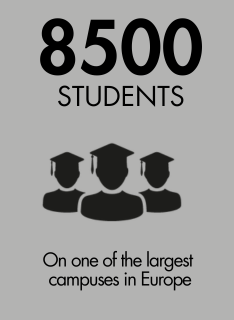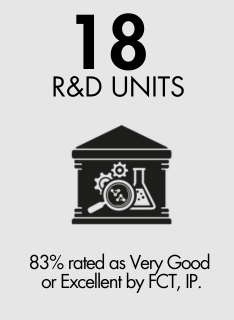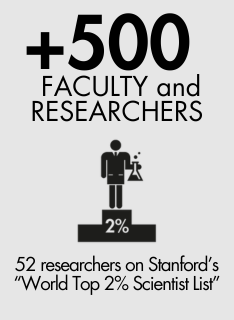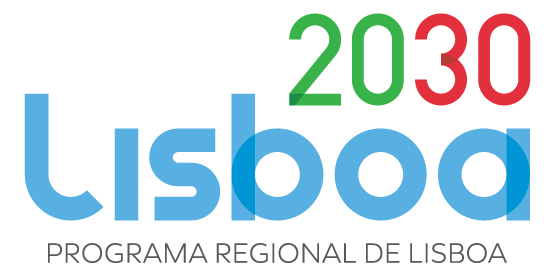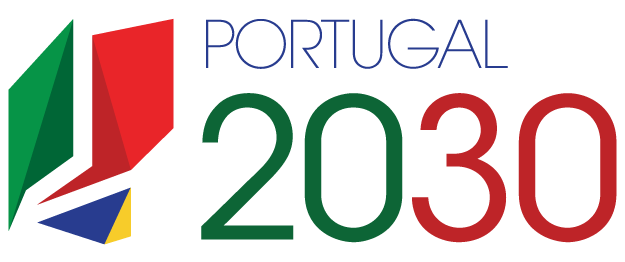In addition to the documents listed on the page https://www.fct.unl.pt/en/education/phd-programmes, applicants must also submit:
- a motivation letter;
- a letter of recommendation.
Admission Requirements
The candidate must meet at least one of the following conditions:
- Hold a master’s degree, or a legally equivalent qualification, obtained from a national or foreign institution in a field recognized as appropriate by the Program’s Scientific Committee. The candidate must have a minimum final grade of 14 (on a 0–20 scale) in these study cycles (or a C on the ECTS scale).
- Hold a bachelor’s degree and possess an academic or scientific curriculum deemed particularly relevant and recognized by the Scientific Council of NOVA FCT as demonstrating the capacity to undertake this cycle of studies;
- Possess an academic, scientific, or professional curriculum recognized by the Scientific Council of NOVA FCT as demonstrating the capacity to undertake this cycle of studies.
The recognition referred to in points 2) and 3) above shall be based on opinions issued by two professors or PhD researchers, considered specialists in the scientific field of the application and appointed by the Scientific Committee of the corresponding doctoral program. This recognition does not confer to its holder the equivalence to a bachelor’s or master’s degree, nor their formal recognition.


